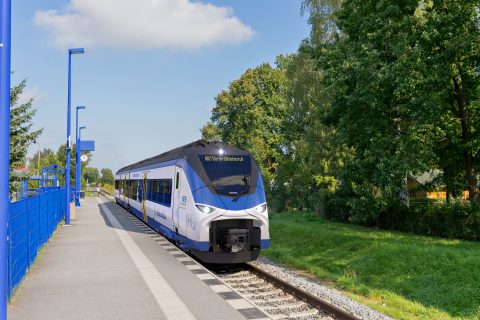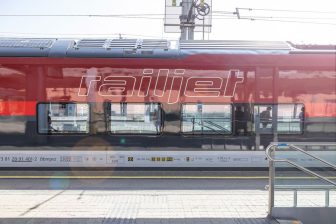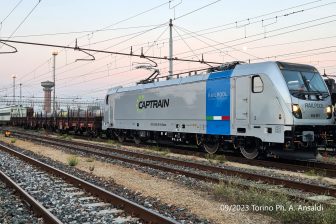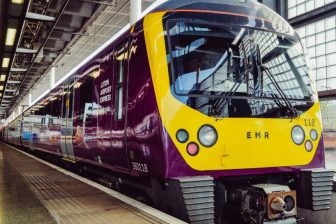
Siemens bags first fleet order for hydrogen trains in Berlin-Brandenburg region
Mireo Plus H hydrogen train for Niederbarnimer Eisenbahn (NEB)
Niederbarnimer Eisenbahn (NEB) has ordered seven Mireo Plus H hydrogen trains from Siemens Mobility. Delivery is set for autumn 2024, with first operations on the Heidekrautbahn (RB27) network planned in December the same year.
Want to read more?
You have read all of your free premium articles for this month. Please become a subscriber to keep reading.
Subscribe now!
Take advantage of our exclusive offer to get full access to all premium content.



